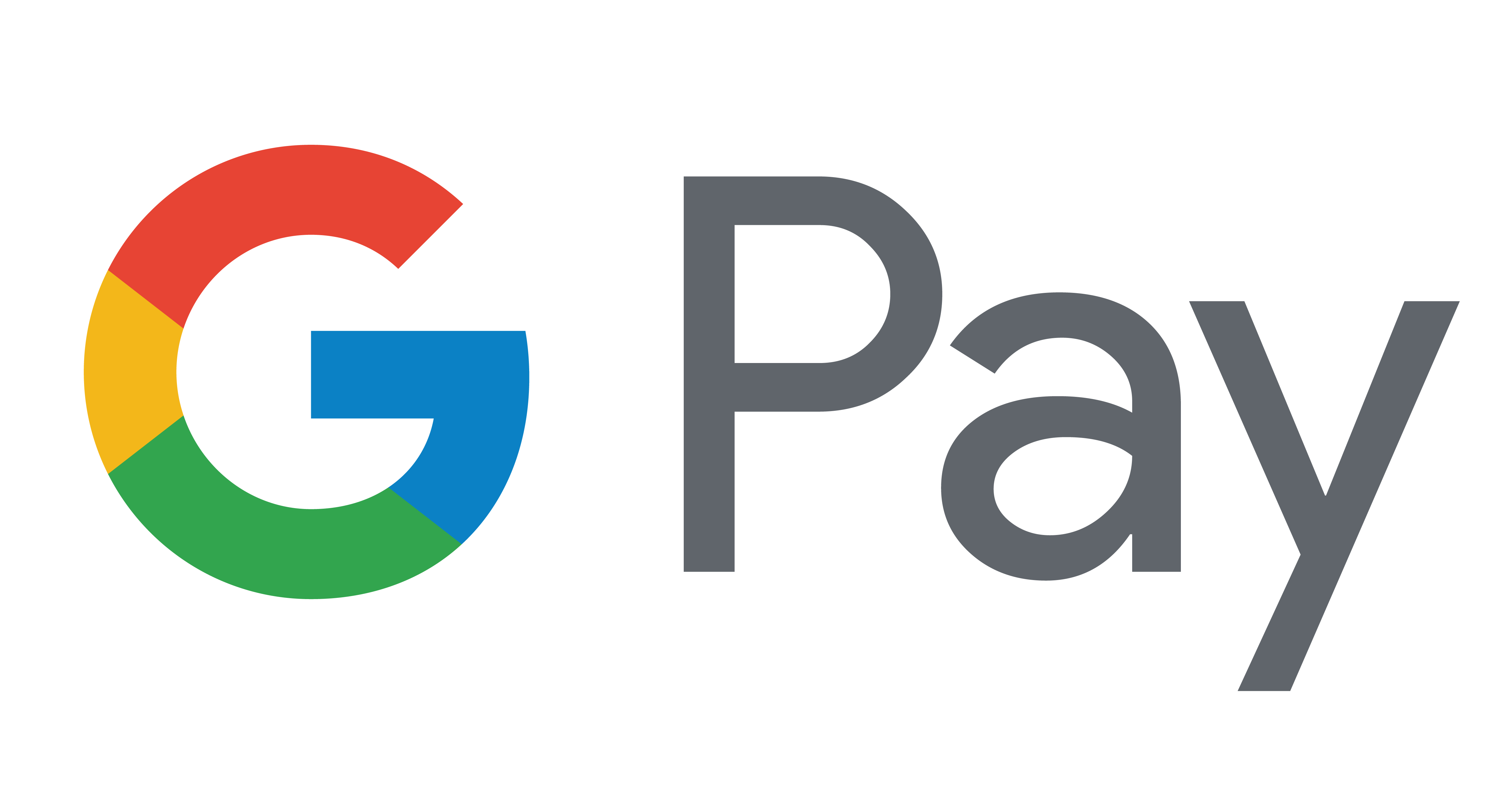Our 10 years of leading the smart home industry and commitment to continuously investing in our products' features, security and reliability make Philips Hue a brand you can trust.
Trust and responsibility


Data Security
We believe privacy is a fundamental human right, and we're committed to protecting yours.
End-to-end encryption
Philips Hue Secure cameras use end-to-end encryption (E2EE) by default. All video, audio and snapshots are encrypted with a key that only you have.
Hack prevention
Secure cameras feature internal software that helps prevent potential hacking, phishing attempts or code manipulation.
Cloud storage
All data, including your video clips, are stored in our secure Philips Hue cloud. Videos are deleted automatically after 30 or 60 days, depending on your plan.
Secure key storage
Your encryption key — the unique passphrase that's generated when you activate your camera — is stored in a secure memory area.


Privacy tools
We've built tools to give you complete control of your data — from creating your account to simply using our app.
Breached password detection
If your Philips Hue account uses the same username and password as another service whose data was breached, we'll let you know so that you can lock your account. Don't worry — we don't know your password.
User management
Manage the members of your household and their permissions within your system. You can allow some members to only control the lights and give others access to your security system.
Two-factor authentication
We support — and recommend — two-factor authentication (2FA) for your Philips Hue account. You'll be asked to verify your login, either through an authenticator app or SMS.
Privacy zones
A type of privacy zone for your cameras, a Blackout zone excludes certain parts of your camera's video feed, such as a window or bedroom doorway.
Philips Hue Privacy Notice
Get detailed information about how your data is handled, whether you use Philips Hue Secure, our smart lights or the Philips Hue app.
Data security and privacy Questions & answers
What is two-factor authentication?
What is two-factor authentication?
Where is my data stored?
Where is my data stored?
I have another question about privacy. Where can I find more information?
I have another question about privacy. Where can I find more information?
Explore Philips Hue
The Philips Hue Secure system is a smart home security system that brings your smart lights, cameras and sensors together.
*When a bulb displays "Up to" a certain number of lumens in its specifications, it displays the maximum lumen output of the bulb. It shows how bright the bulb can get at 2700 K (White bulbs) or 4000 K (White ambiance or White and colour ambiance bulbs). Learn more about brightness.




